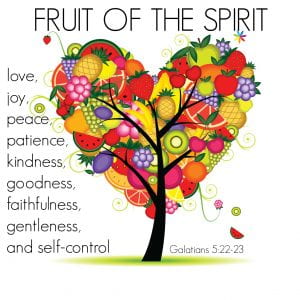
At this time of year some of us might be feeling more festive but should we be feeling more spiritual given that it is a celebration of spiritual needs?
Spiritual needs are like moral codes that we have learned throughout our life but we are not often aware of how, why or when to apply them. However, as we near the end of 2020 it is also a good time to reflect upon how we live our daily lives and what do we and others need to live more spiritual and physically healthy lives?
The EPICC project in the UK (Enhancing Nurse’s and Midwives Competence in Providing Spiritual Care through Innovative Education and Compassionate Care) attempted to raise awareness about spirituality in health care in the UK and have provided an assessment tool that is useful in helping us to consider spirituality in practice. The tool essentially asks 2 questions
- What is most important to you right now?
- How can we help?
These questions demonstrate how we can show compassion more in our daily practice, particularly when taken into consideration alongside other diverse needs such as a healthy living environment (or not). However, they are not in as much depth as other great thinkers such as some philosophical scholars in the past. The Philosopher John Stuart Mill in the 18th century argued for the freedom of individuals to make choices about their lives and Martha Nusbaum the legal and ethical philosopher who is mentioned numerous times in this blog, explores what it means to have a good life. Nussbaum argues that this will mean different things to different people as we do not all share the same beliefs and values in this increasingly diverse world. Spirituality, therefore, is essentially about our individual needs, beliefs and values that are often neglected in the busy world of healthcare.
Florence Nightingale was one of the first compassionate nurse philosophers who took time to understand what people needed to recover. She saved many lives in the Crimean war not so much from caring for soldier’s injuries by patching them up and sending them back out there, but by taking the time to talk to the soldiers to find out what they needed.
Florence demonstrated all of the 9 fruitage of the spirit as outlined in the Christian Bible in Galatians 5 22 such as Love, Joy, Peace, Patience Kindness, Goodness, Faithfulness, Gentleness, and Self-control. Florence a very spiritual person herself, knew that the spirituality of the soldiers was critical to their recovery and she fostered this hope of recovery in all that she could including the staff she worked alongside. In current healthcare practice, we may say that we do not have enough time to attend to spiritual needs but it can be a matter of life or death as Florence Nightingale, found if we do not.
